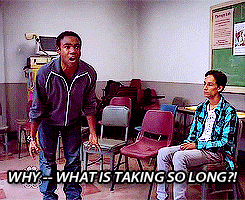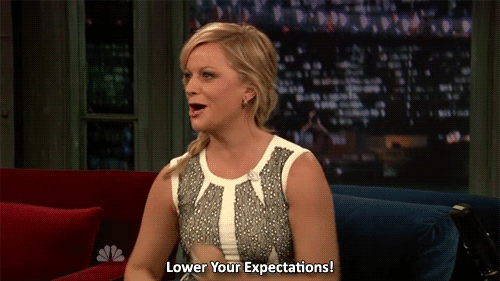In recent book news, the New Yorker unknowingly rejected a story it had previously published. In fact, so did lots of other well-regarded literary journals. What submitter David Cameron learned from this experiment:
“Slush sucks. It’s as simple, and as unhelpful, as that…A part of me really wanted to be outed, to have some vigilant editor write back and say, “Nice try. Consider yourself blacklisted.” Or even to put me in the horribly awkward position of an acceptance!* That would mean there’s hope, that open submissions weren’t just, in so many cases, empty gestures.”
Okay, the slush pile does suck. It’s way easier for editors to overlook a slush gem than it is for them to pass on solicited story #54 by Famous Writer. Otherwise, my reaction to the experiment:

Submissions are all kind of a crap shoot, no matter how you look at it. Maybe the submitted story originally hit the New Yorker on a day when the exact right editor was reading and had the right amount of coffee and was really thinking about the story, not about her next meeting. Maybe when it was resubmitted, it was a really bad morning for that editor and she didn’t get captured quickly enough to counterbalance the lack of coffee. Or maybe it was read by an intern who is quick to hit reject on pretty much everything. Maybe it’s a story about dogs, and it was read by an editor who’s more of a cat person.
Basically, the submissions process is totally subjective. It depends entirely on one particular reading by one particular person at one particular moment. It doesn’t matter if this story is perfect or not. It could be the ideal story for that journal or publishing house or agency, and it could still get rejected. I’ve been on the reading side of the slush pile, and I’m sure I bypassed a lot of great stuff.
That said, it doesn’t mean that there’s no hope. You just have to wait for that moment the right editor at the right place will read your story at the right time. Does that suck? Kind of. But it’s the writing business. Literary journals and publishing houses aren’t putting together a puzzle and need one particular piece to fill their spaces. Anything can be rejected at any time. But that can also mean that this could be the moment that the right person reads your story.
The New Yorker experiment didn’t change any of my views about writing or publishing or submissions. Maybe it means I was cynical to begin with, or that I’m ridiculously optimistic. Either way, I’m powering on.





